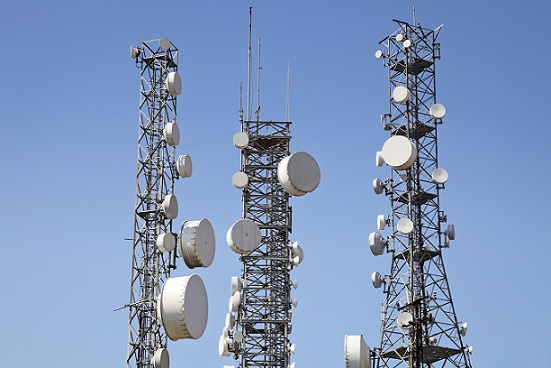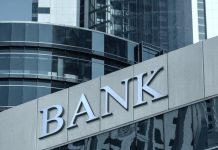Consumers in Nigeria may soon face higher costs for telecommunications services as the federal government plans to raise the consumption tax on telecoms from 7.5% to 12.5%.
This 125% increase, detailed in a new bill titled A Bill for an Act to Repeal Certain Acts on Taxation and Consolidate the Legal Frameworks Relating to Taxation and Enact the Nigeria Tax Act, is part of a broader tax reform agenda.
The proposed bill also seeks to introduce excise duties on various services, including telecommunications, gaming, gambling, lotteries, and betting.
According to the bill, “Services, including telecommunications, gaming, gambling, betting, and lotteries however described, provided in Nigeria shall be charged with duties of excise at the rates specified under the Tenth Schedule to this Act.”
The increase in taxes will apply to the full amount charged by service providers, effectively raising the cost of these services for consumers. Industry stakeholders have voiced concerns about the adverse effects this could have on both telecom companies and subscribers.
“This tax is going to hurt the telecom industry and subscribers alike, they are essentially trying to kill the industry by imposing more burdens on it.” said Adeolu Ogunbanjo, President of the National Association of Telecoms Subscribers.
Telecom operators argue they are already weighed down by excessive taxation. According to the global telecom body GSMA, the Nigerian telecom industry faces over 50 different taxes, creating significant financial strain.
Operators warn that the new tax burden will likely be passed on to consumers, leading to higher prices for phone calls, data services, and other telecom offerings.
The reintroduction of excise duty on telecommunications services is not without controversy. In 2023, a five percent excise duty on telecom services was suspended following widespread opposition. At the time, Zainab Ahmed, the Minister of Finance, Budget, and National Planning, explained that the President had the authority to fix the rate, which was set at five percent for GSM services. However, the telecom sector successfully pushed back against its implementation.
Gbenga Adebayo, Chairman of the Association of Licensed Telecom Operators of Nigeria, has called on the new Minister of Communications, Innovation and Digital Economy, Bosun Tijani, to address the ongoing issue of multiple taxation in the sector and to permanently eliminate excise duties on telecom services. He stressed the need for government intervention to ensure the telecom industry is not overburdened.
Former Executive Vice Chairman of the Nigeria Communications Commission (NCC), Umar Danbatta, also advocated for the exemption of telecom services from excise duties, arguing that telecommunications are a necessity, not a luxury, and impact over 220 million Nigerians.
In response to the proposed tax hike, the National Association of Telecoms Subscribers plans to revive its legal challenge against the government’s reintroduction of excise duties.
“We are going to return to court,” Ogunbanjo affirmed, adding that the earlier legal action was paused after the suspension of the five percent duty, but with the new proposal, they intend to push forward with the case.
If enacted, this tax increase will likely result in higher costs for Nigeria’s 220 million telecom users, compounding the financial pressure on millions who rely on these essential services.













